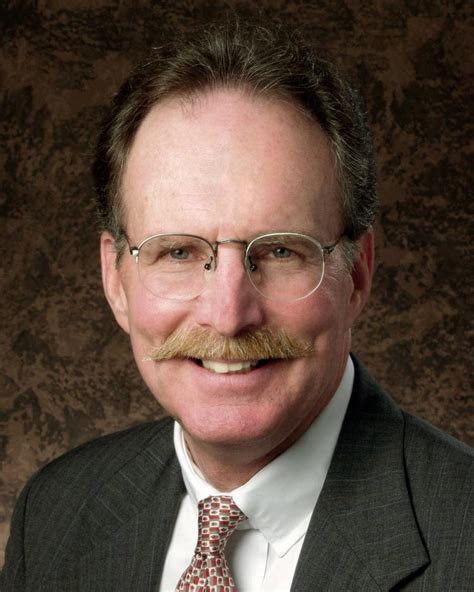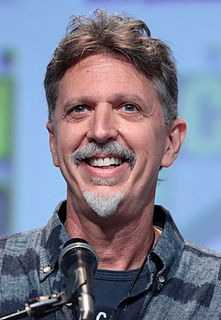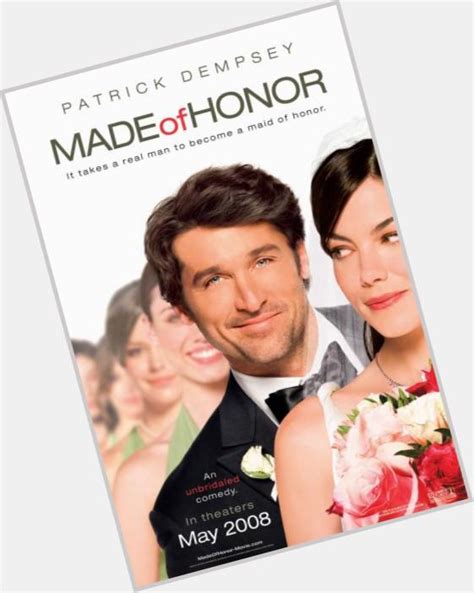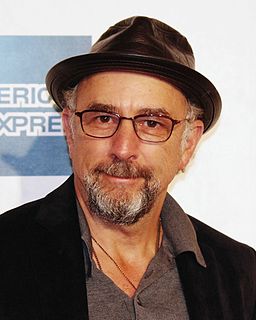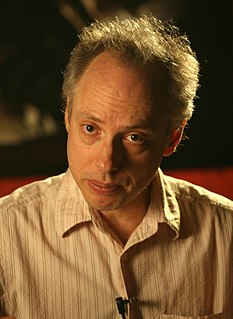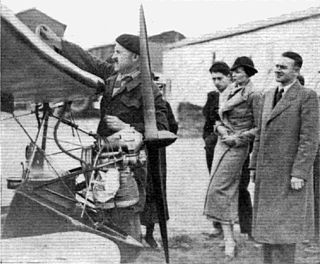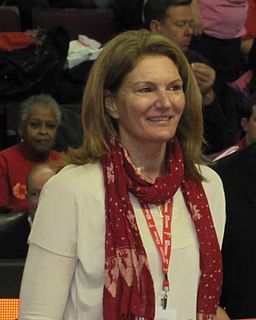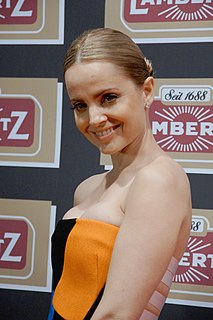A Quote by John Landgraf
I believe really deeply in the pilot process because you learn things about tone and casting.
Related Quotes
It was a very, very intense and long casting process [for The Killing] because we really had to find the right people who could carry the weight of this story, who had the chops and who had the spirit, where they could bring in so much of their own selves to these characters. So, the casting process took many months.
I'm such an incredibly, stupidly sensitive person that everything that happens to me, I experience it really intensely. I feel everything very deeply. And when you feel things deeply and you think about things a lot and you think about how you feel, you learn a lot about yourself. And when you know yourself, you know life.
I didn't expect NBC would be at all thrilled about me, because the year before the West Wing I had rejected a pilot at the last minute and got them very upset. I ended up not coming to the casting - in fact it happened four different times because I just wasn't convinced that I wanted to do television.
What is it in fact, this learning to fly? To be precise, it is 'to learn NOT to fly wrong.' To learn to become a pilot is to learn - not to let oneself fly too slowly. Not to let oneself turn without accelerating. Not to cross the controls. Not to do this, and not to do that. . . . To pilot is negation.
There's racist casting, and there is normal casting. Normal casting, to me, is a process that strives for representation and, in many cases, strives to simply portray the world as it actually is instead of as falsely non-inclusive. And sadly, sometimes that involves removing the whitewash that exists on history.

